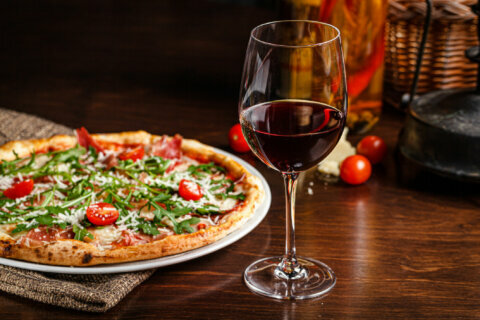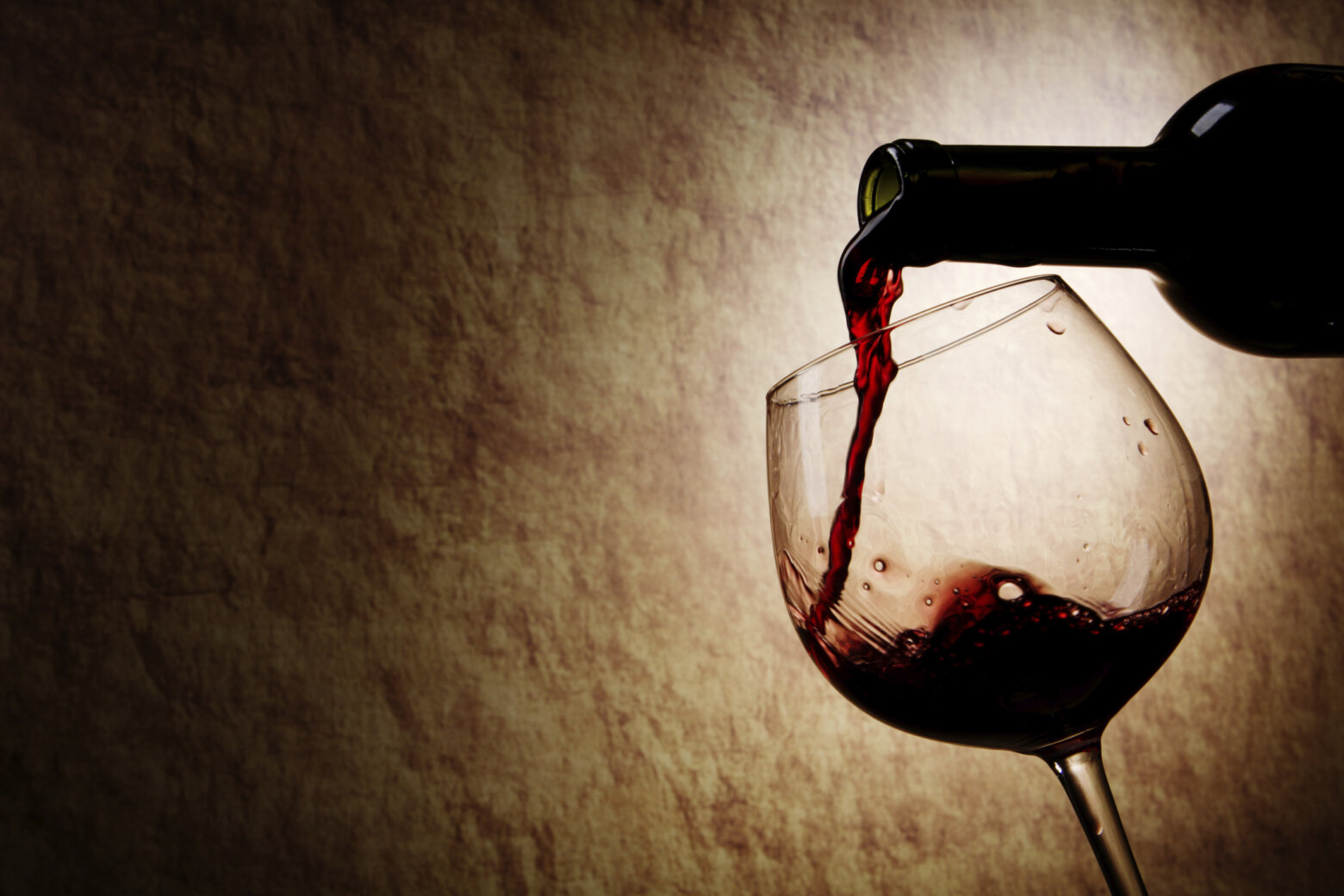
F. Scott Fitzgerald once proclaimed, “Too much of anything is bad, but too much Champagne is just right.”
Let’s face it: Champagne was made for New Year’s Eve — and so much more. There is nothing quite like wine with bubbles to create a festive atmosphere and elevate the last night of the year to celebratory status. Particularly if you’re anxious to say goodbye to 2020!
One of the great mysteries of the wine world is why so many wine-savvy consumers only drink sparkling wines or Champagne on special occasions. It’s a shame, since these wines are incredibly versatile and pair well with a variety of foods as well as swell on their own. Lily Bollinger, the former indomitable owner of the Champagne house bearing her name, put it best when she famously said, “I only drink Champagne when I’m happy, and when I’m sad. Sometimes I drink it when I’m alone. When I have company, I consider it obligatory. I trifle with it if I am not hungry and drink it when I am. Otherwise I never touch it — unless I am thirsty.”
In other words, it’s good all of the time. However, sales of Champagne are seven times higher during the week prior to New Year’s Eve than in an average week throughout the rest of the year. This means that a lot of wine lovers are missing out on a great opportunity to discover how practical, yes, I said practical, Champagne can be. We are never caught without a chilled bottle of bubbly in the fridge just in case the mood strikes, or friends drop by unexpectedly — and especially when they are expected.
But, if you happen to be one of those once-a-year Champagne consumers, here is a quick primer on bubbly that might come in handy during your trip to your favorite wine shop.
First, only wines made in the tiny Champagne region in France — using the strict Méthode Champenoise — can be called Champagne (as denoted by the capital “C” in the name). All other champagne-style wines are referred to as “sparkling wines.” Most midlevel priced champagnes ($25 — $50) are “non-vintage” or “NV.” This means that it’s a blend from several years’ worth of wines from the same winery. For example, a current Non-Vintage Champagne might be made up mostly of the 2016 vintage mixed in with a little of the 2015 vintage and topped off with bits and pieces of the 2014 and 2013 vintages. Vintners use this method to maintain a “house style” in their wines from year to year.
A “vintage” champagne is always designated by a specific year on the bottle and is made entirely from grapes harvested that year. Just like all wines, there are good vintages and not so good vintages. Unless you know specifically what year you’re looking for, most NV’s are a good choice and can be enjoyed right away.
Champagnes are also made from three different grape varietals; Chardonnay, Pinot Meunier and Pinot Noir. A Champagne labeled “Blanc de Blancs” (white from whites) is made entirely from Chardonnay. “Blanc de Noirs” (white from reds) denotes that the wine was made from red grapes such as Meunier or Pinot Noir. Most “Brut” Champagnes are made from a combination of Chardonnay, Pinot Noir and Pinot Meunier, and are considered to be dry. But a Champagne labeled “Extra Dry” is actually a little sweeter than Brut, and “Dry” is sweeter than Extra Dry. Lastly, “Brut Natural” is totally dry.
In order to fully appreciate Champagne, serve it chilled in a small white wine glass or “tulip” style glass. While a tall flute-style glass is certainly elegant, and shows off the bubbles, a glass with a larger bowl allows you to fully appreciate the bouquet of the wine and will definitely enhance your experience.
So this New Year’s Eve, while you’re enjoying a wonderful bottle of bubbly, make a new resolution for 2021 to drink more Champagne.
One of the best values for authentic Champagne is a Non-Vintage wine, where the final product is a blend of wines made from prior years in order to maintain a certain style. A wonderful example is the Non-Vintage Gervais Gobillard Brut Authentique from the famed village of Hautvillers. The Authentique Brut is complex, powerful, and a great value. The tightly packed bubbles add a certain degree of elegance as they deliver lovely notes of apple, pear, citrus and roasted almonds across the entire palate. Toasted hazelnuts are featured on the crisp, balanced finish. Enjoy it with soft cheeses and fresh fruit. $37
Many vineyard owners in Champagne sell the majority of their grapes to the big Champagne Houses, but some growers actually keep their fruit and produce wines for their own label. The Gimonnet family has been doing exactly that for fruit for over half a century. Their Non-vintage Pierrer Gimonnet & Fils Blanc de Blancs Brut Champagne is made exclusively from Chardonnay grapes from top vineyard sites and boasts flavors of creamy lemon and nectarine are elegantly woven around a core of acidity and minerality. The tiny, precise bubbles give this wine a wonderful sense of balance and structure. $40
If you’re looking to add a little color to the occasion, the Non-vintage Montaudon Grande Rose Brut is a delicious choice. A Rosé version of their popular Brut non-vintage Champagne, it is a blend of all three classic varieties with an emphasis on Pinot Noir. It sports lovely scents of cranberry and wild strawberry. Supple red cherry, orange zest and red berry fruit flavors offer surprising depth. Mouthwatering mineral-laden acidity mesh with hints of Gala apple on the beautiful finish. Enjoy it on its own, or for a real treat, serve it with roasted salmon. $50
If you are willing to splurge a bit in order to get a vintage Champagne, a good one to start with is the 2012 Georges Vesselle Brut Nature Vintage Grand Cru which is comprised mostly of Pinot Noir with a touch of Chardonnay. It demonstrates a dynamic balance between liveliness and dryness based on the zero dosage (no added sugar after disgorgement). The fragrant scents of green apple and white flowers on the nose lead to flavors of crisp green apple, kiwi, roasted hazelnuts and on the palate. The structure is full-bodied and the finish, featuring notes of toasted almonds, is lean and crisp. Perfect with oysters on the half shell. $60
Listen and subscribe to the “The Vine Guy” podcast on Podcast One







